This blog post aims to educate readers about the growing importance of energy-efficient machinery in the construction industry. It will explore the benefits of using energy-efficient equipment, not only from an environmental perspective but also in terms of cost savings, regulatory compliance, and long-term sustainability. The goal is to position your company as a leader in promoting modern, sustainable solutions for construction businesses.
Outline
1. Introduction
- Start by addressing the growing trend of sustainability and energy efficiency in industries worldwide, including construction.
- Briefly mention how energy-efficient machinery is not just a passing trend but a significant shift driven by regulations, cost efficiency, and environmental concerns.
- Introduce the purpose of the blog: to explain why construction companies should consider adopting energy-efficient machinery in their operations.
2. Understanding Energy Efficiency in Machinery
- What Does Energy Efficiency Mean?: Define what energy efficiency in construction machinery means—machinery that uses less fuel or electricity to perform the same tasks.
- Examples of Energy-Efficient Machinery: Provide examples of machinery that has incorporated energy-saving features, such as electric-powered cranes or hybrid bulldozers.
3. The Environmental Benefits of Energy-Efficient Machines
- Lower Emissions: Explain how energy-efficient machines produce fewer emissions, which contribute to a cleaner, healthier environment.
- Reducing Carbon Footprint: Highlight how using machinery that consumes less fuel or uses renewable energy sources can significantly reduce the carbon footprint of construction companies.
- Meeting Sustainability Goals: Discuss how adopting energy-efficient machinery aligns with global sustainability goals and corporate social responsibility (CSR) initiatives.
4. Cost Savings and ROI with Energy-Efficient Machinery
- Fuel Savings: Provide an overview of how energy-efficient machinery uses less fuel, directly translating to cost savings.
- Lower Operational Costs: Highlight how these machines require fewer repairs and maintenance due to better technology, saving money on upkeep.
- Increased Productivity: Explain how energy-efficient machinery can help improve productivity by working more efficiently, reducing downtime, and lowering the total cost of ownership.
- Long-Term ROI: Discuss how investing in energy-efficient machinery can pay off in the long run by reducing operational costs and prolonging the lifespan of equipment.
5. Regulatory and Compliance Benefits
- Government Regulations: Address how governments worldwide are increasingly implementing stricter regulations related to emissions and fuel consumption in construction.
- Compliance with Standards: Mention how using energy-efficient machines ensures compliance with environmental laws and industry standards, helping companies avoid penalties and stay ahead of regulatory changes.
- Incentives and Subsidies: Inform readers about possible tax incentives, grants, or subsidies available for companies that invest in energy-efficient machinery.
6. The Competitive Edge of Going Green
- Client Expectations: Explain how clients in the construction industry are increasingly valuing sustainability and prefer working with businesses that prioritize energy efficiency.
- Market Differentiation: Discuss how adopting energy-efficient machines can help companies stand out in a competitive market by showcasing their commitment to sustainability.
- Brand Reputation: Highlight how adopting green technology can enhance a company’s brand reputation, positioning them as a forward-thinking, eco-conscious business.
7. Future Trends in Energy-Efficient Machinery
- Technological Advancements: Discuss emerging technologies in construction machinery, such as fully electric equipment and AI-driven machines that optimize fuel consumption.
- Increased Adoption: Mention how the future of construction will likely see even more widespread use of energy-efficient machinery as the technology becomes more affordable and accessible.
- Industry Shift: Explain how the entire construction industry is gradually shifting toward more sustainable practices, and early adoption of energy-efficient machinery can give businesses a competitive advantage.
8. Conclusion
- Summarize the key benefits of energy-efficient machinery: environmental impact, cost savings, regulatory compliance, and improved business reputation.
- Reinforce the idea that energy-efficient machinery is not only a smart business decision but also a necessary step toward a sustainable future for the construction industry.
- Encourage readers to explore energy-efficient options for their next project or machinery investment.

